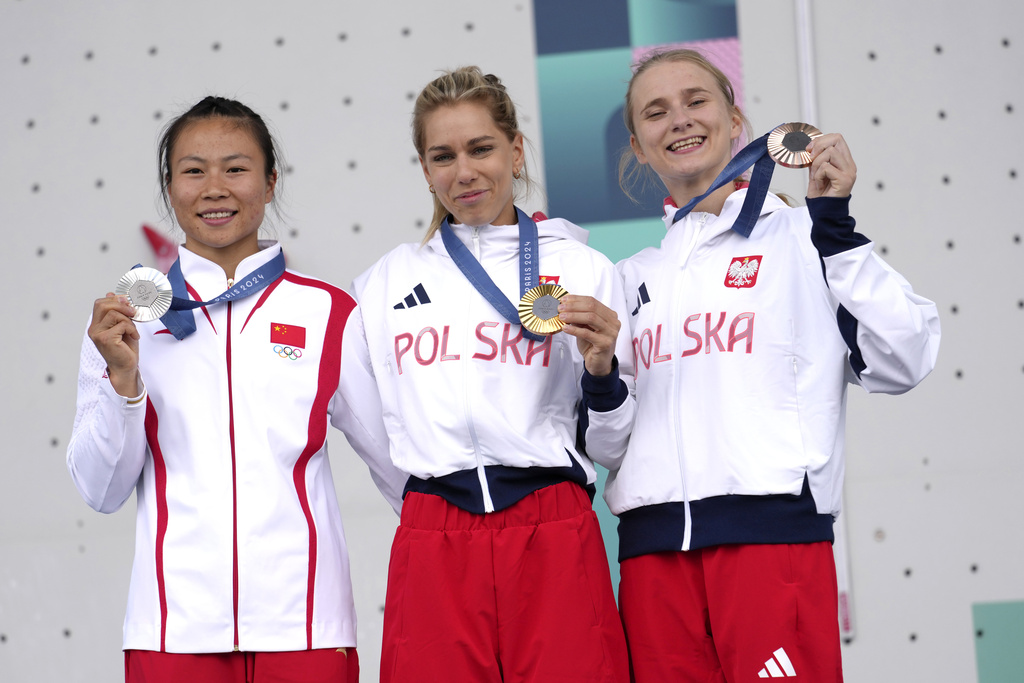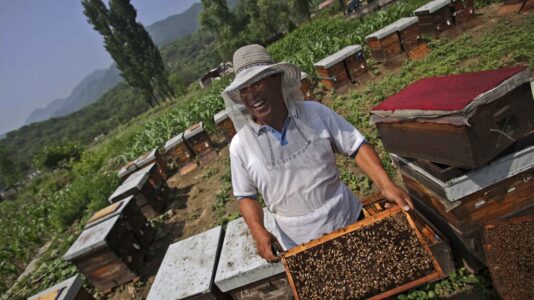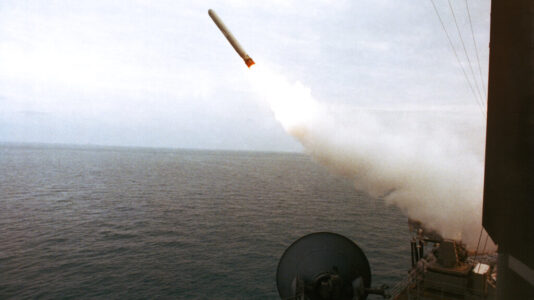As the curtains close on one of Poland’s worst Olympic performances in history, the nation brings home just 10 medals, including only one gold — a tally we haven’t seen in 68 years.
A disaster? Certainly, and it’s pointless to argue against the cold, hard facts. However, we must resist the temptation to solely blame the athletes representing Poland.
Of course, it’s easy to pin the debacle on the sports associations, which often do harbor various dysfunctions. Yet, this explanation is far from exhaustive. I propose — and would even wager — that if we hired the world’s best experts to establish top-tier training facilities for every Olympic sport in Poland, we still wouldn’t see a shower of medals. The reason?
There would be no one to train in these excellently organized associations and state-of-the-art facilities, because the greatest weakness of Polish sports, shockingly, isn’t the associations. It’s us, the citizens. Why is this?
Simply put, we have not cultivated a culture of sports in our country. Observing the nations that lead the medal tables, it’s clear that in these countries, sports are a crucial part of everyday life — not just as a form of physical exercise, but as a cornerstone of both national and local community-building.
A few years ago, while participating in a mountain race in the French Alps, I noticed something at a rest station manned by elderly women, well into retirement. When I asked if they were part of a local organization, one lady replied “No.” She lived near Marseille but returned to her hometown yearly to meet friends and “do something fun together.” Entire families with young children came to cheer the participants. For them, a simple amateur race was a grand occasion for fun. Sports built their community, not through television, but in their real lives.
The French, not even twice our population, won 64 medals, including 16 golds in Paris. This didn’t surprise me. Looking at Hungary, a country of 9 million people bringing home 19 medals, six of them gold, or the 16 million Dutch who secured 34 medals across 15 events, the comparison is stark.
Before we complain about our athletes’ poor performances, we should reflect on when we last biked, ran, played volleyball, played tennis, or engaged in any sport. When did we last attend a local sporting event as a fan or volunteer? Perhaps never?
We won’t win medals if we don’t establish a culture where sports are foundational to our society, from children to the elderly, not just on a national level but more importantly, at the local level close to home. Every child and every teenager will feel encouraged to excel in sports if they see their school championships supported by enthusiastic local spectators.
Let’s support our athletes wholeheartedly and respect them simply for their willingness to train under challenging conditions. And let’s go out of our way to maximize the potential that sports offer for building a healthier and more connected community.
If we are serious about hosting the Olympics in 2036 or 2040, now is the time to nurture a new generation of athletes capable of competing for medals on Polish soil. Organized, focused sports training is just another step on the ladder to Olympic success.
Unfortunately, 42nd place in the medal table is fitting for the position sports currently hold in our social life. After all, Olympic champions don’t just fall from the sky.






